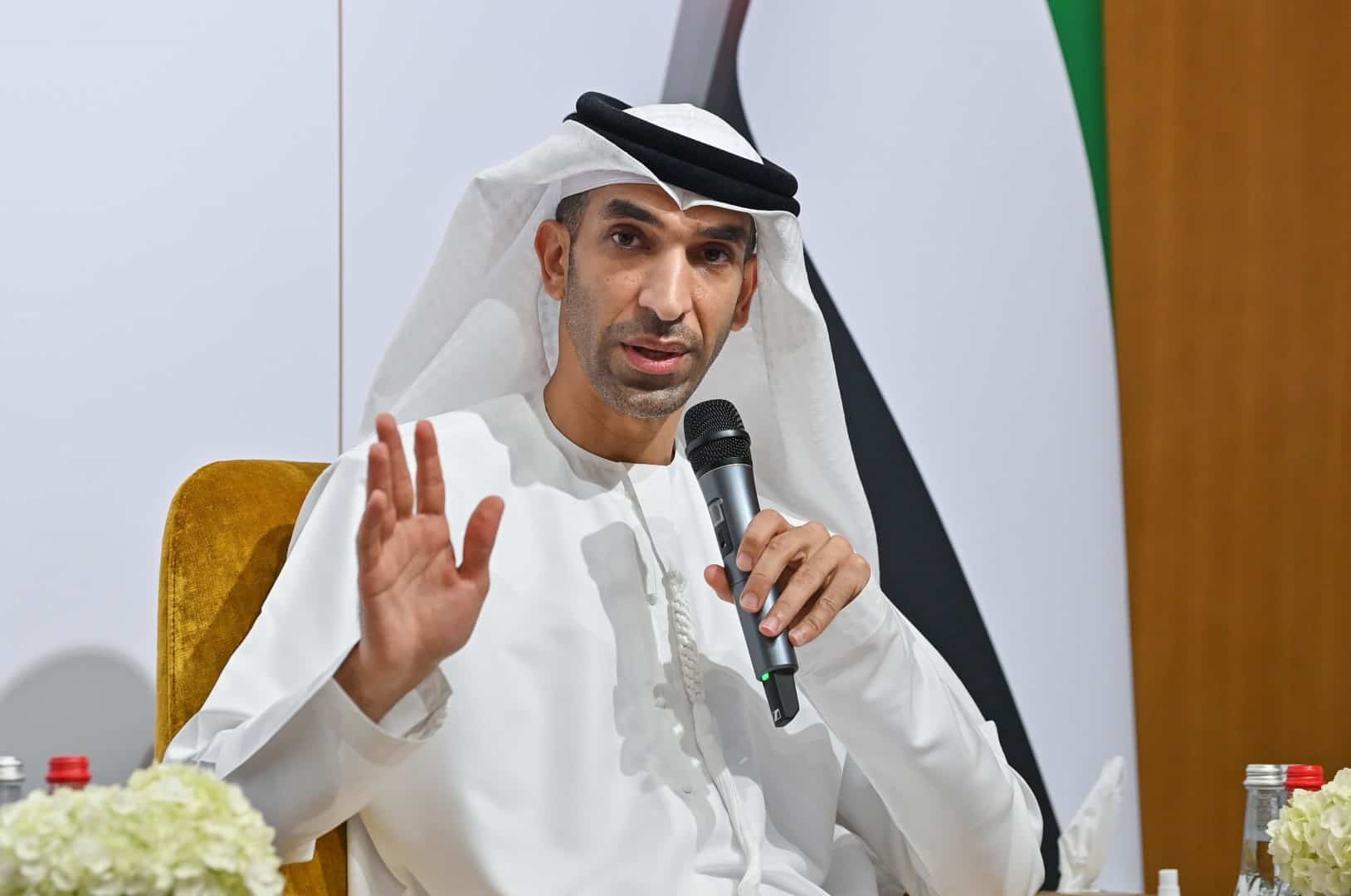Abu Dhabi, UAE— As the UAE President Sheikh Mohamed bin Zayed visits Ethiopia to strengthen relations with the African country, the non-oil trade between the two nations has expanded to US$1.4 billion in 2022.
According to Dr. Thani bin Ahmed Al Zeyoudi, Minister of State for Foreign Trade, the UAE’s has invested $2.9 billion in the country.
Al Zeyoudi told the Emirates News Agency (WAM) that Ethiopia and the UAE have strong trade and investment relations and noted that the two countries traded non-oil goods worth US$1.4 billion in 2022, and the UAE invested $2.9 billion in Ethiopia.
These investments cover four main sectors, which are chemicals, food and beverages, aluminum and pharmaceuticals, he added, affirming that the UAE also invests in other sectors with potential, such as ports, logistics services, storage, warehouses and real estate.
The UAE’s non-oil exports to Ethiopia expanded by 4.5 percent year-on-year to reach $210.3 million in 2022, showing a robust recovery from the COVID-19 pandemic-induced slump in 2020, when they fell by 22 percent, while the figure in 2022 also exceeded the pre-pandemic level of 2019 by 8.5 percent, he explained.
Meanwhile, the UAE’s re-exports to Ethiopia grew by 8.6 percent year-on-year to $553.3 million in 2022, continuing a strong upward trend since 2018, when they increased by 22.5 percent, while re-exports rose by 39 percent and 9.6 percent compared to 2020 and 2019, respectively, he further added.
Ethiopia is the second-largest country in Africa by population, with over 120 million people, and is a major market for the UAE’s non-oil exports and re-exports, he added.
Al Zeyoudi also stressed that the UAE and Ethiopia have a strong base for boosting their mutual trade, given their friendly relations and the variety of products and services they can offer each other, which could lead to a more comprehensive trade partnership.
The UAE can help Ethiopian exports reach new markets through its global network of trade partners, while Ethiopia can act as a key entry point for Emirati exports and re-exports to East Africa and other African countries, he added.
The UAE values its trade and investment ties with Ethiopia and wants to take them to new heights, as Ethiopia is a key trade partner in Africa and a promising place to invest, with many opportunities in its fast-growing emerging economy, he further added.
Ethiopia also plays a vital role in the stability and development of the African continent, and the UAE aims to strengthen its bilateral relations based on its developmental role through working with partners around the world on projects that promote sustainable development and mutual interests, Al Zeyoudi said in conclusion.

